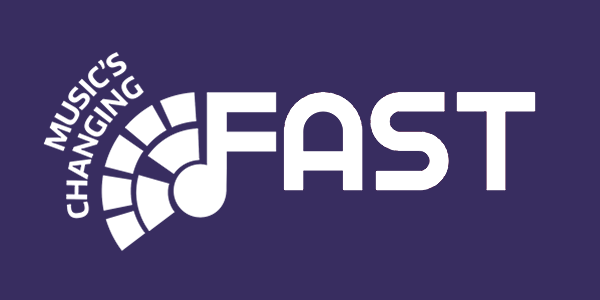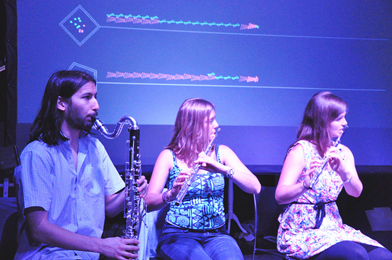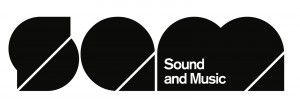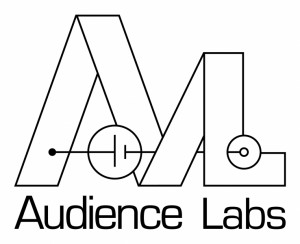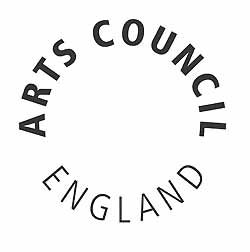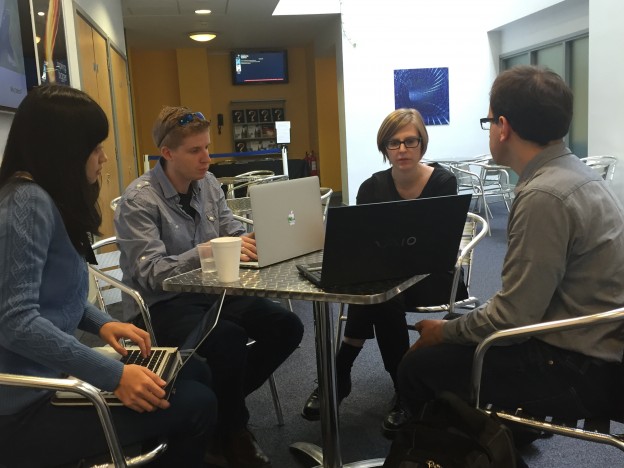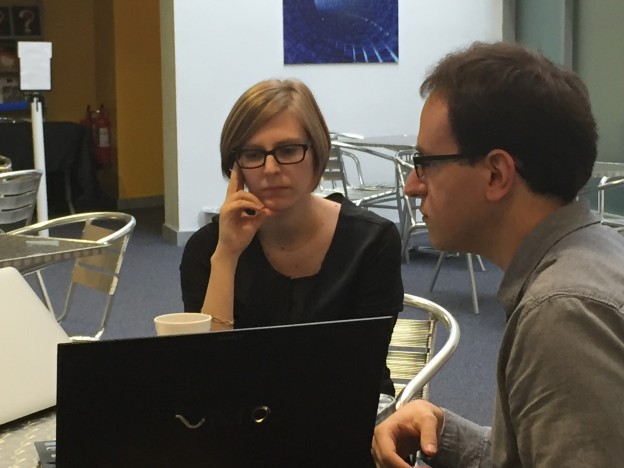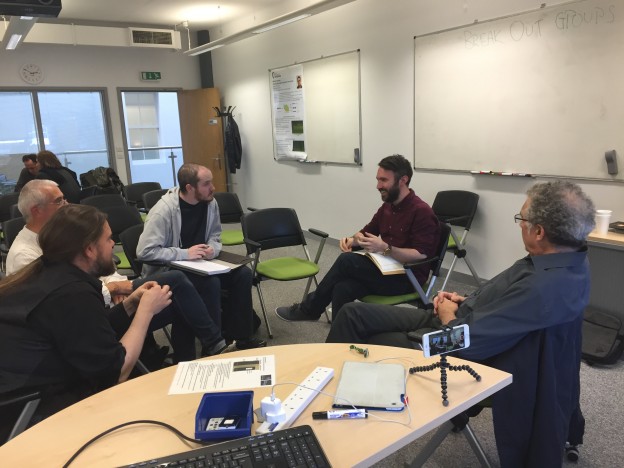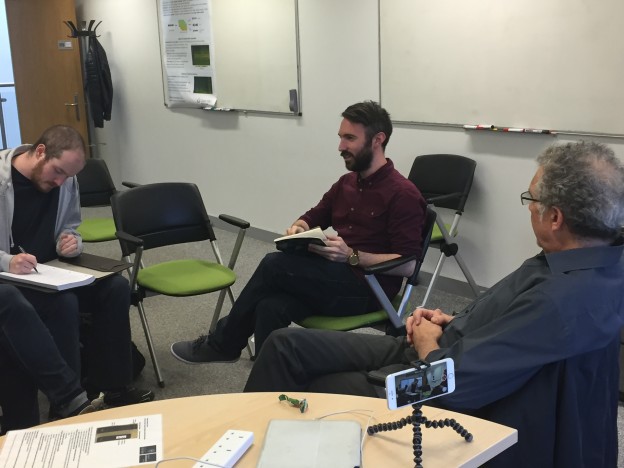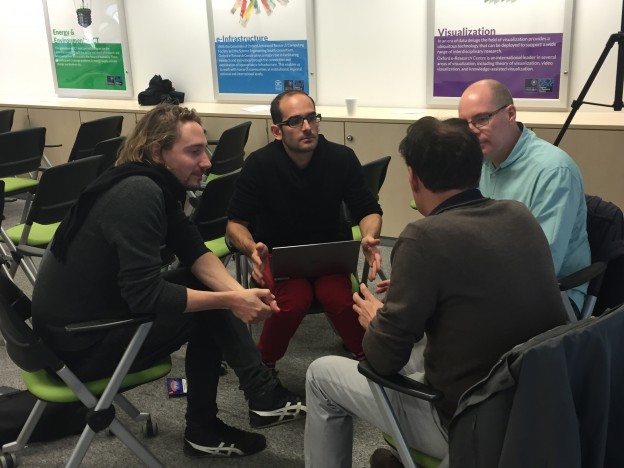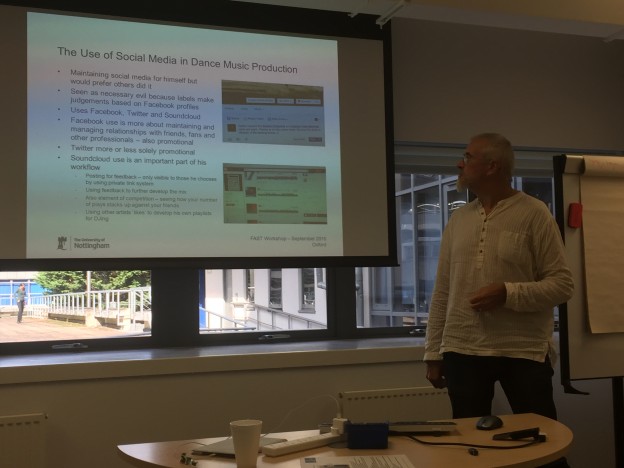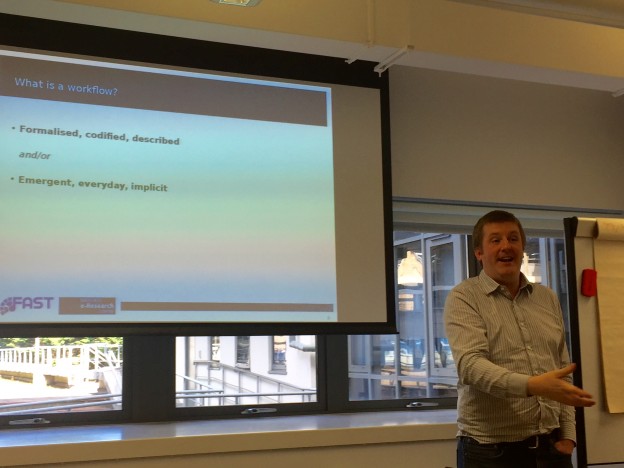University of Huddersfield, Uk, Friday 17 to Sunday 19 June 2016
Conference Website: https://csmc2016.wordpress.com
Computational simulation of musical creativity is an emerging, exciting and significant area of research. In the last few years, numerous systems that compose, improvise and perform music have been developed. These systems pose several theoretical and technical challenges, and are the result of an interdisciplinary effort that encompasses the domains of music, artificial intelligence, cognitive science and philosophy.
The main goal of this conference is to bring together scholars from different backgrounds, interested in virtual emulation of musical creativity, providing an interdisciplinary platform to promote, present and discuss their work.
Keynote speakers:
Professor Graeme Bailey, Cornell University
Professor Geraint Wiggins, Queen Mary University London
Key Dates:
Deadline for paper submission: 15 March 2016
Notification of acceptance: 15 April 2016
Deadline for revisions and camera-ready copy: 30 April 2016
Submissions can cover both theoretical and/or practical aspects of the computer simulation of musical creativity. Interdisciplinary proposals at the intersection of music, computer science, psychology and philosophy are welcome. Topics of interest may include, but are not limited to:
Computer Systems:
* systems capable of generating music;
* systems capable of performing music;
* systems capable of (online) improvisation;
* systems capable of analysing music;
* music-robotic systems;
* systems implementing societies of virtual musicians;
* systems that foster and enhance the musical creativity of human users;
* music recommendation systems;
* systems implementing computational aesthetics, emotional responses, novelty and originality;
Theory:
* surveys of state-of-the-art techniques in the area;
* validation methodologies;
* philosophical foundations of creative music systems;
* mathematical foundations of creative music systems;
* evolutionary models for creative music systems;
* cognitive models for creative music systems;
* studies on the applicability of music-creative techniques to other research areas;
* new models for improving creative music systems.
Peer-Review Process and Proceedings
All papers are double-blind peer reviewed by at least two specialists.
Proceedings will be published online. Extended versions of selected papers will be published in a special issue of the /Journal of Creative Music Systems/ <http://jcms.org.uk/>(http://jcms.org.uk//)./
Paper Submission
Details of submission procedure and formatting can be found at https://csmc2016.wordpress.com/instructions-for-authors/.
Further Information
For enquiries, please contact Valerio Velardo at valerio.velardo@hud.ac.uk.
